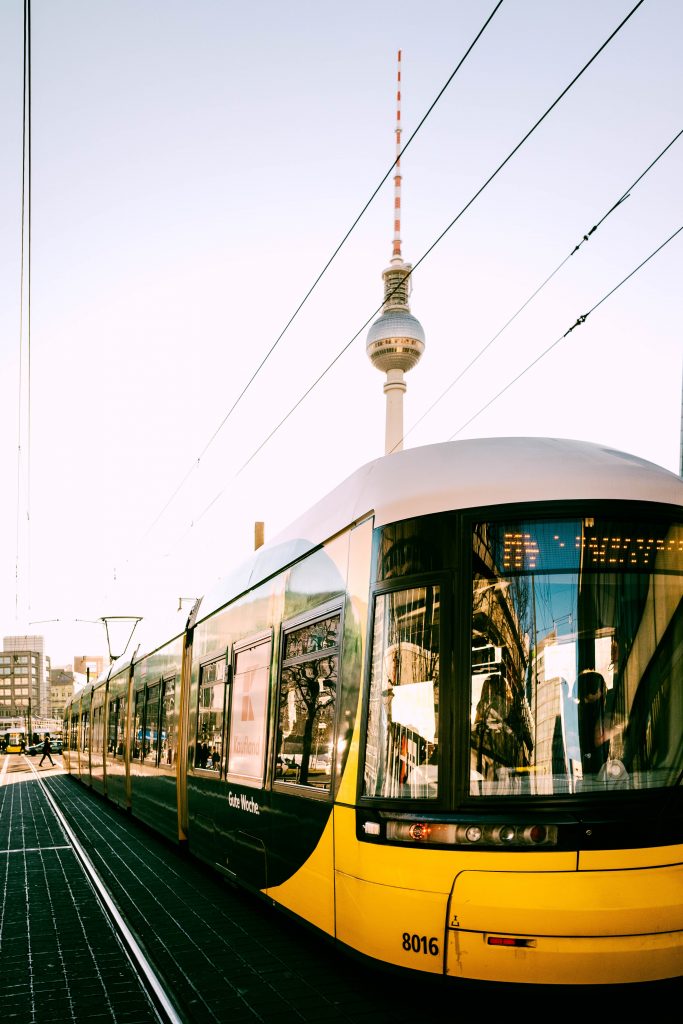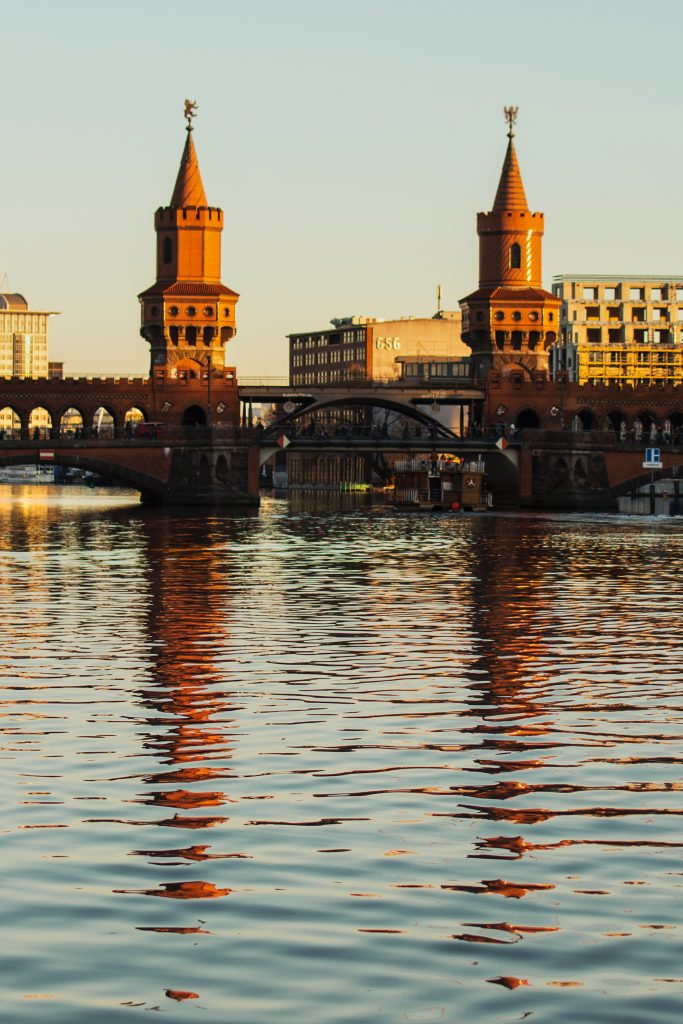
There are many ways to spend your free time in Berlin. Berlin is famous for its museums and parks where you can spend the whole day. Berlin has more than 140 museums. World-famous art treasures include the bust of Queen Nefertiti in the Neues Museum and the Pergamon Altar in the Pergamon Museum in Berlin. Berlin has museums for all ages. This city also has more than 10 museums for children.
Berlin is one of the greenest cities in Europe. Berliners like to spend their time in parks. They use the parks for walking, picnicking, reading books, playing with pets, or just enjoying the nice weather.
The most popular and most visited parks in Berlin are Monbijoupark, Volkspark Friedrichshain, Treptower Park and Das Tempelhofer Feld.
Student leisure activities are often organized with the help of the student unions. These are higher education organizations in Germany that organize a variety of group activities such as parties, sporting events and student games. Some student unions organize theater groups, painting or photography courses and writing workshops.
Berlin is a multicultural city where history meets modernity. You don’t feel like a foreigner in this city. Anyone visiting Berlin should see the Brandenburg Gate, a famous landmark in Berlin and the national symbol of Germany. Next to this building is the Reichstag, which also plays an important role in German history. The Reichstag building on the Republic Square in Berlin has been the seat of the German Bundestag since 1999. The Federal Assembly has also met here since 1994 to elect the Federal President.
Don’t forget the TV Tower, Checkpoint Charlie, the Berlin Wall and the Berlin Zoo.
In addition, there are over 140 museums and over 1400 bridges in Berlin.


Learning German: 5 effective tips
German is not an easy language and there are a few tips on how to learn German.
1.Clock your time right and create a study plan for yourself.
You have to be realistic here. Estimate how long it will take you to learn German and set a time accordingly. Set yourself reasons and goals that motivate you to achieve your goal. You can also take small steps to reach your goal.
2.Use your German every day … without a break.
It’s better if you practice German every day. Little by little, try to learn grammar, read some short articles, watch movies or series in German. It will help you improve your language.
Install subtitles in German. This will help you figure out how the words you hear are spelled. You will also practice listening and pronunciation. Try to use German on the street and in everyday life at every opportunity. Try to write simple sentences, don’t get tired of complex sentences. This will help you communicate your thoughts to the other person.
3.Learn German nouns with the articles
Learning German with the articles will help you in the future. Because in German, every noun has an article, and you have to choose the right article when you form a sentence.
4.Use a post-it and write down words you can’t remember.
Write the words you just learned that you can’t remember on a piece of paper and place them where your eyes can see. This will help you memorize words.
5.Love your mistakes!
Don’t be afraid to learn from your mistakes. You should practice your German daily and learn from your mistakes. It is important to feel comfortable and not embarrassed when learning a language.
Using the language outdoors, in everyday life, will help you learn the language every day, and you will feel more comfortable realizing that you have learned the language.
